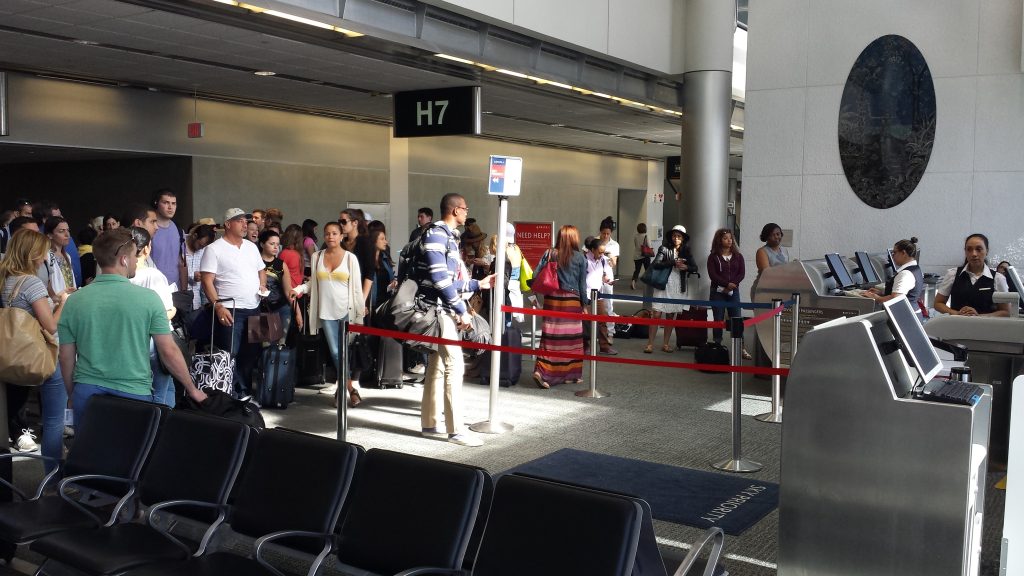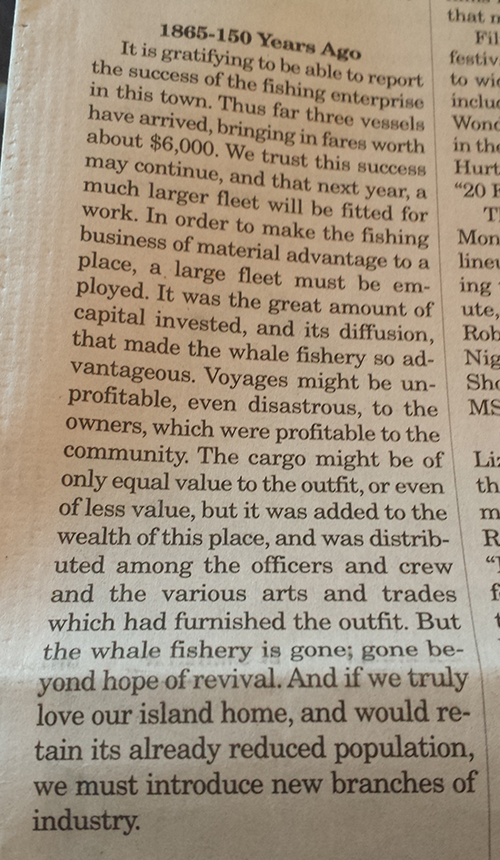
When I’m traveling, it’s the inefficiencies that really kill me.
I know that travel is going to cause some headaches. There are going to be lines at security, and flight delays happen. I get that.
But it’s the little moments of inefficiency at the airport that, to me, can make flying a real pain.
For instance (and excuse the Andy Rooney rant, please):
These days at the gate, as soon as the gate agent mentions “preboarding,” everyone gets up and stands right in front of the gate. With everyone packed in up there, it takes forever to get everyone on board. But it doesn’t have to be this way! A few months ago, I flew Air Canada up to Toronto, and the agents actually told people to sit down and wait for their boarding group. With the boarding lanes clear, it was the smoothest boarding process I’ve been a part of in a long time.
It must’ve been 15 years ago that I flew Southwest for the first time. I laughed when I saw people lined up in their boarding groups, ready to board before the plane even got to the gate. Now Southwest is the model of efficiency — every person boards by a pre-assigned number — and it’s the rest of the U.S. airlines that are backwards.
And airlines: When you ask people to volunteer to check their bags at the gate, has anyone actually listened? Of course not! A decade ago, plenty of people checked bags. Now, a younger generation sees it as an enormous inconvenience. But we might be willing to change our tune — all it would take is the right incentive. 150 free airline miles for a checked bag at the gate, maybe, or a $10 voucher toward a future flight. And you’d get bags checked in advance and no extra waiting on the tarmac as flight attendants struggle to get big bags squeezed into overhead bins.
Another thing: Why is the check-in process at rental car counters so miserable? This past weekend, I waited in line for an hour to get my car. Ordinarily, I rent with Hertz, and I’m a member in their #1 Club Gold program. You enter in all your information in advance, fill out your insurance information online, and walk straight up to you car. There’s no waiting whatsoever. The whole thing is free, too — I don’t understand why anyone wouldn’t want to be a member!
But this trip, I redeemed some credit card points for my reservation, and had to wait in line. There were maybe 10 guests ahead of me, but the line barely moved. And when I got to the counter, the Hertz associate had to enter in all of my information line by line. But it doesn’t need to be so time consuming, Hertz. The airlines can check me in via a computer — why don’t you do the same? I’m betting a computerized check-in would actually explain the benefits of various opt-in programs (like pre-paying to fill up your tank) better than an employee could in person. All I really need a human for is to hand over the keys and point me towards my car. Instead, I lost an hour waiting in line, and 10 more minutes once I got to the counter. (I even had to sign a waiver declining free maps! I lost two minutes declining maps!)
Meanwhile, this past weekend, I managed to pay for a parking meter via text message. (It even texted me when my meter was up!) I got a hotel bill emailed directly to me. And even the TSA was able to streamline me straight through security. Those little efficient touch points along the way made a huge difference — but it’s the pain points we all remember.
What I’m getting to is this: Some companies work hard to return savings to a customer. But here’s something just as important: My time. And as a customer, I’m asking myself: What is your company doing to return my time to me?
Companies that work efficiently to maximize my time are the ones that exceed expectations — and they’re the ones I’m going to come back to time and again when I travel.










